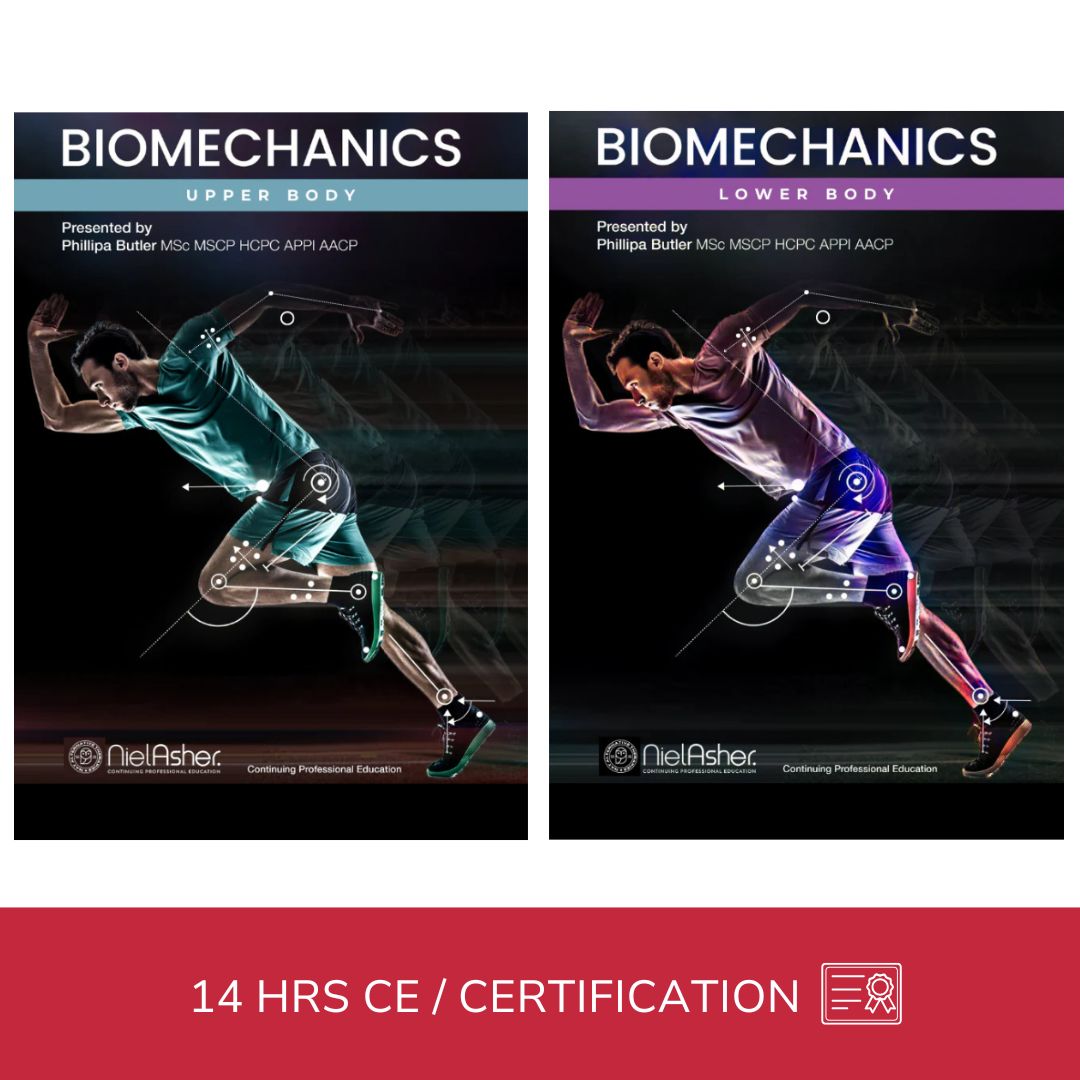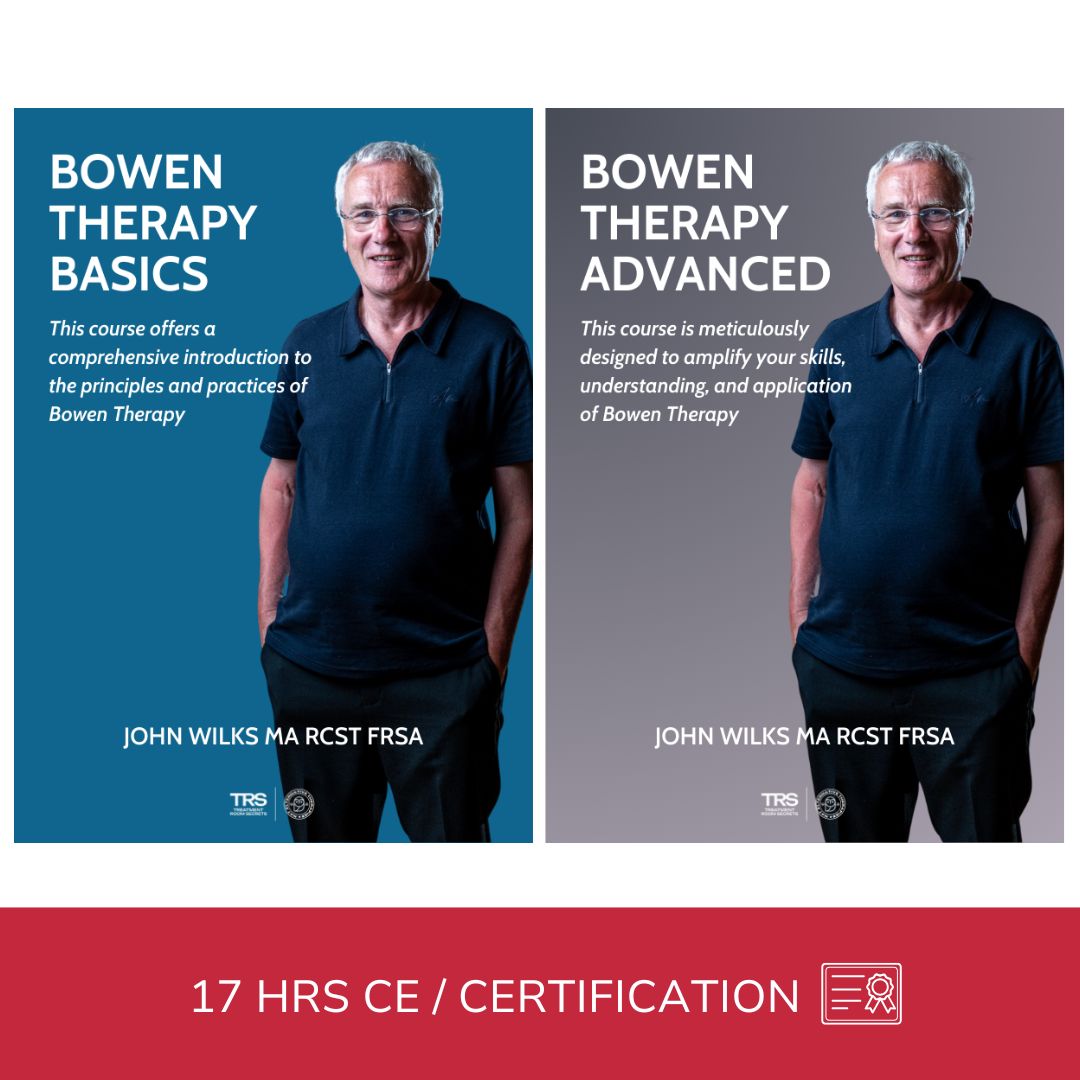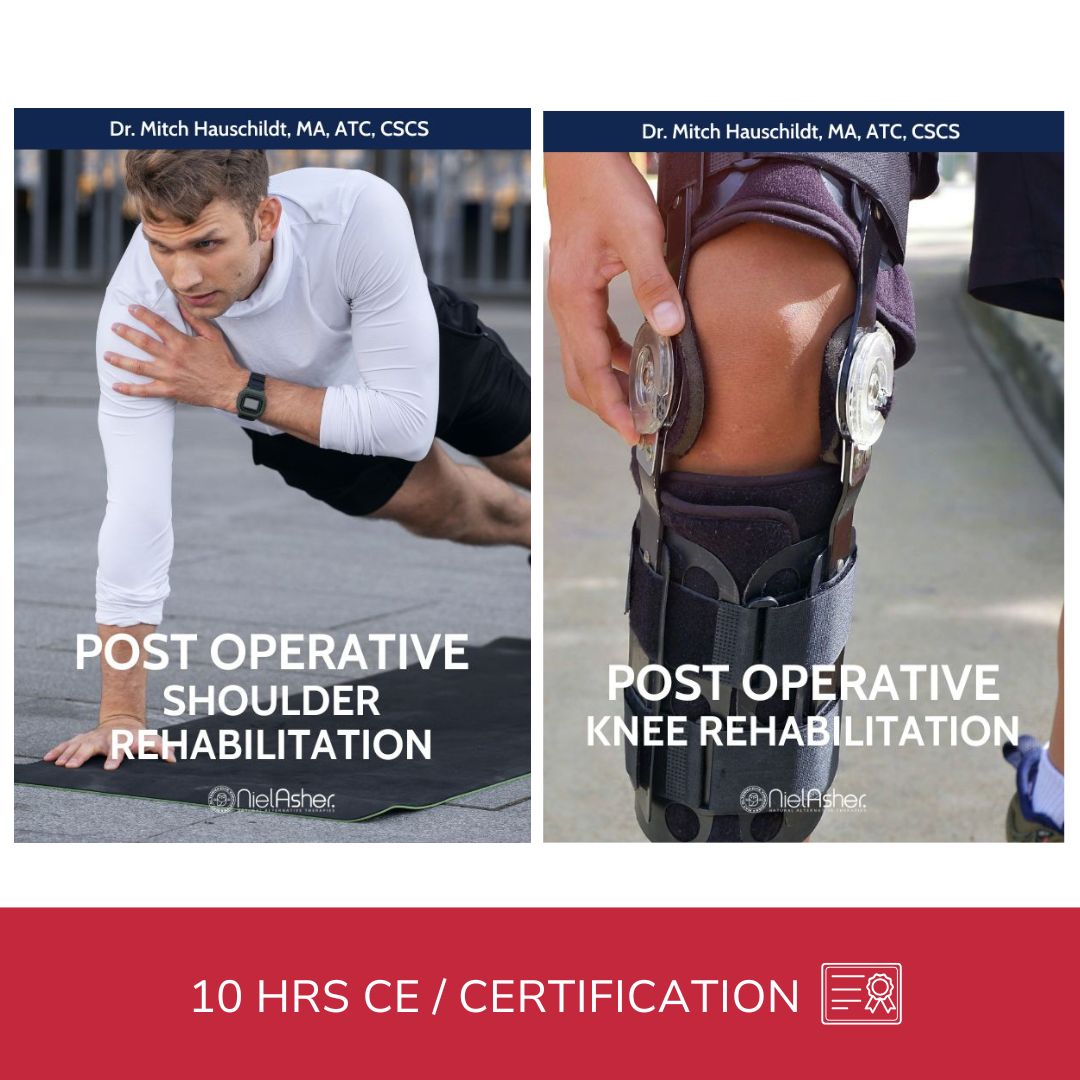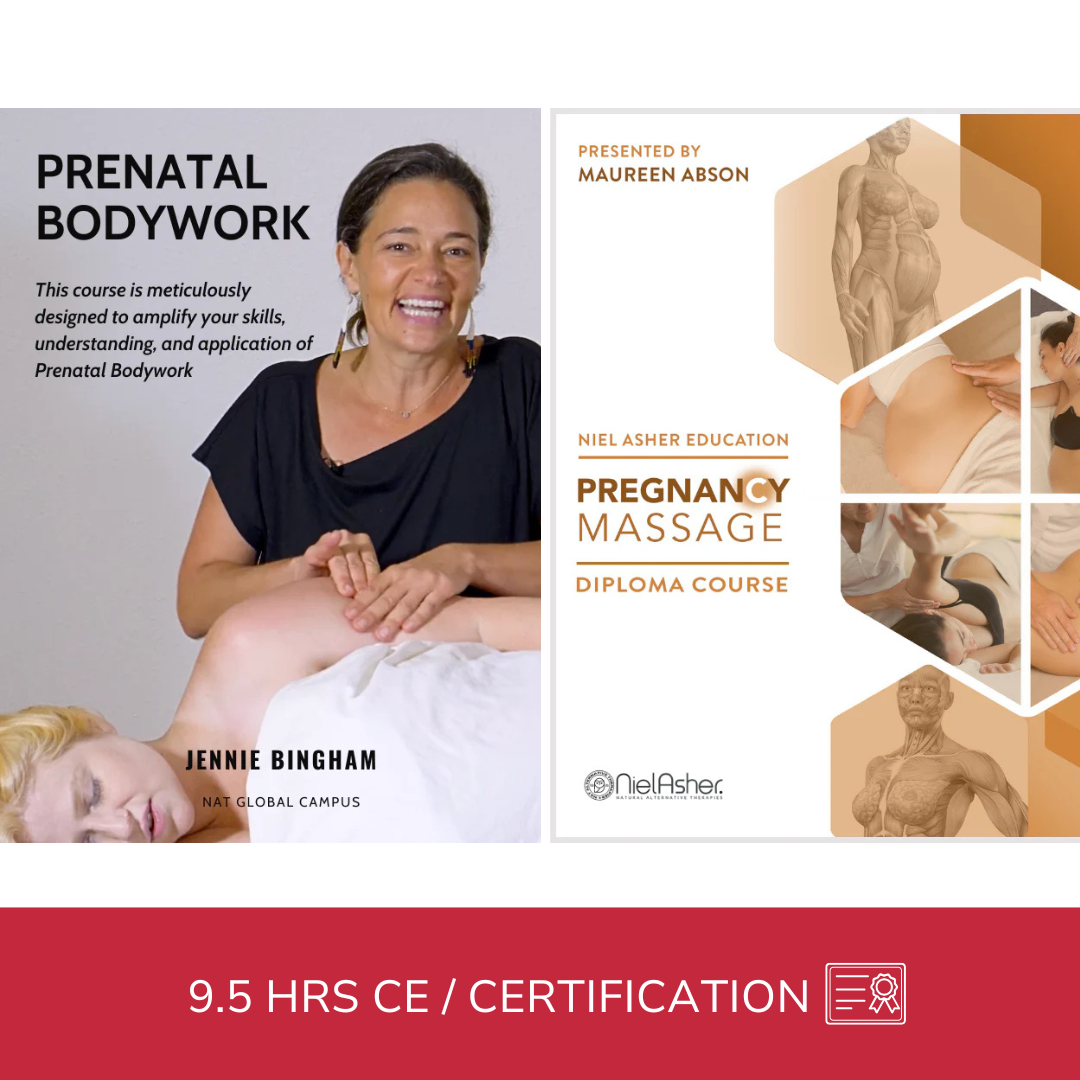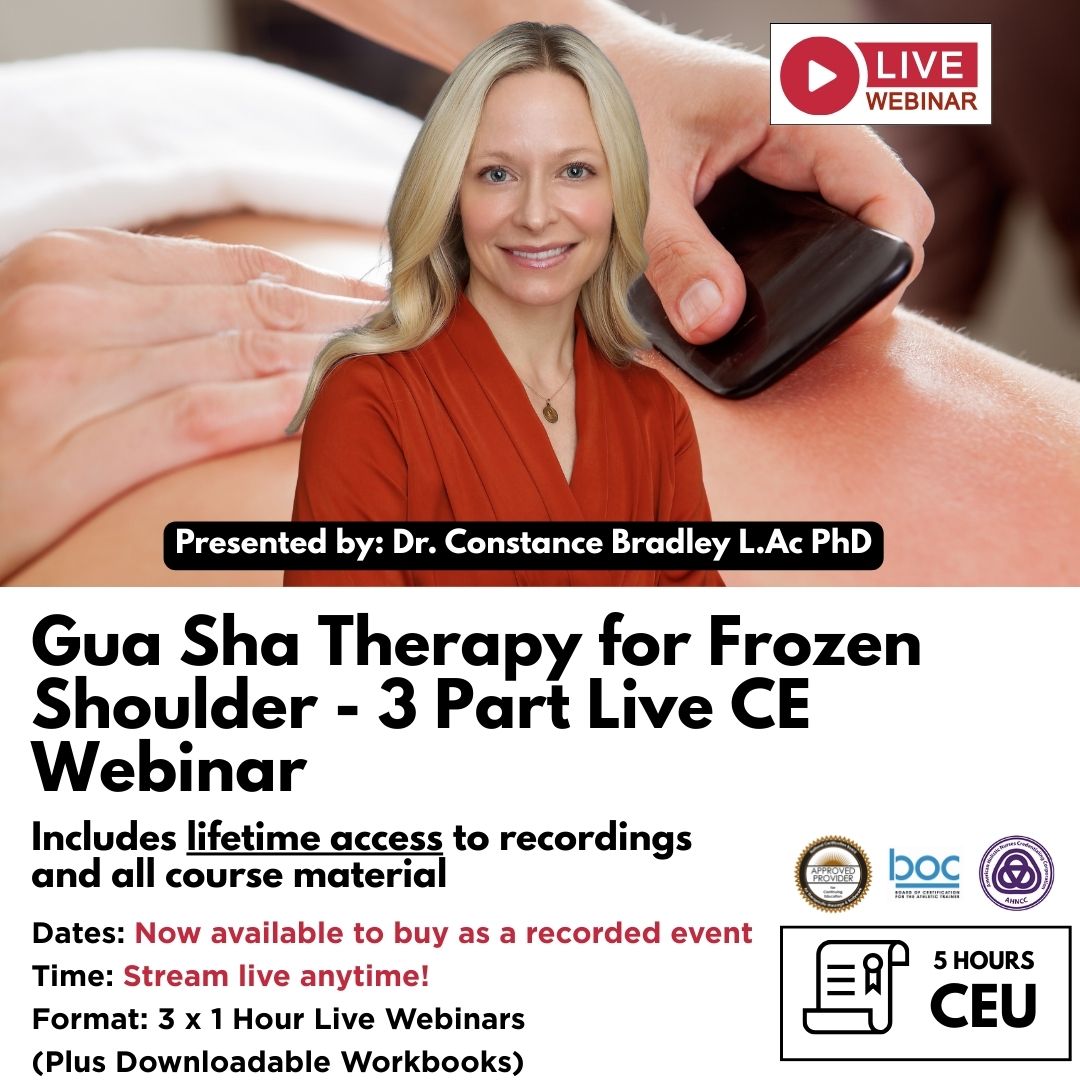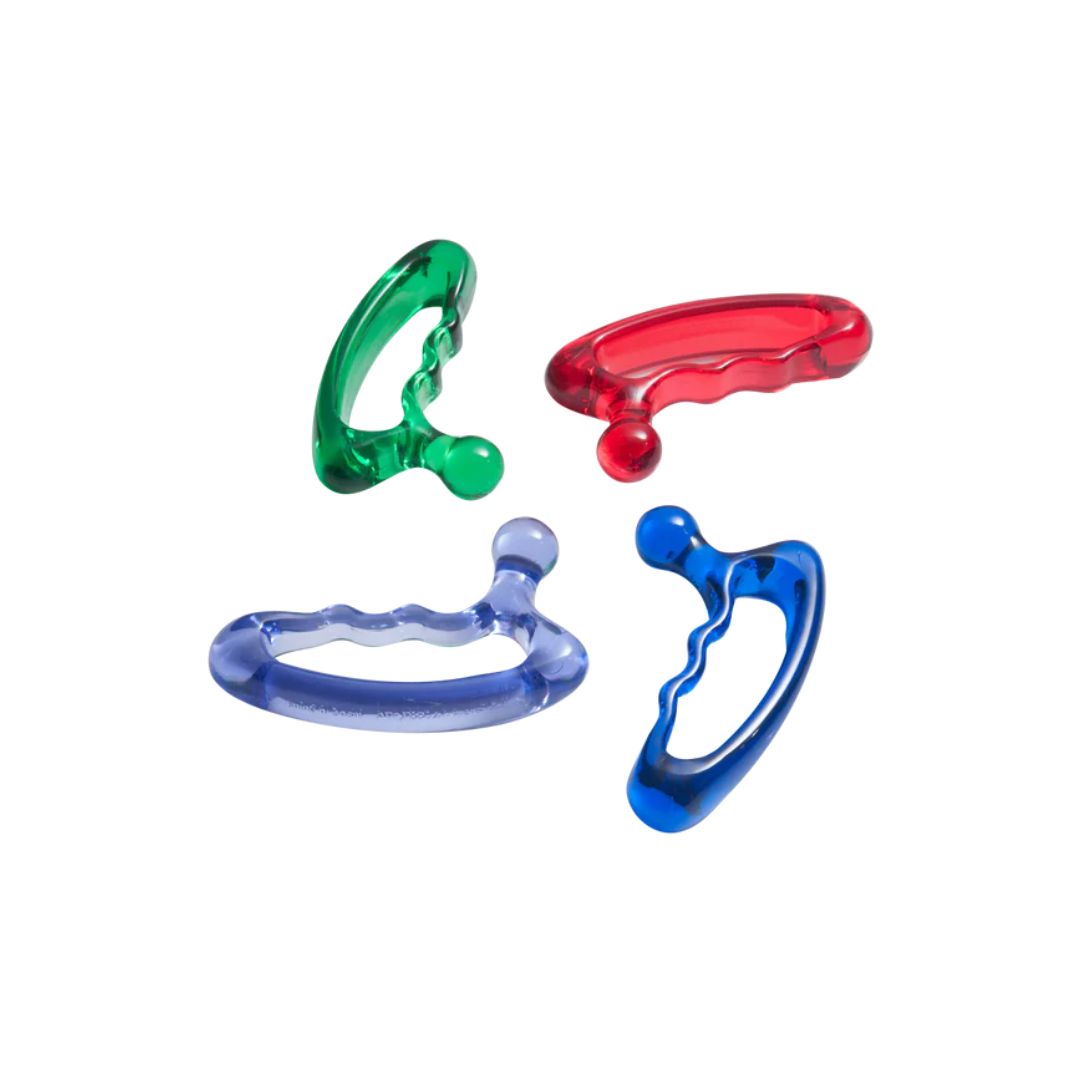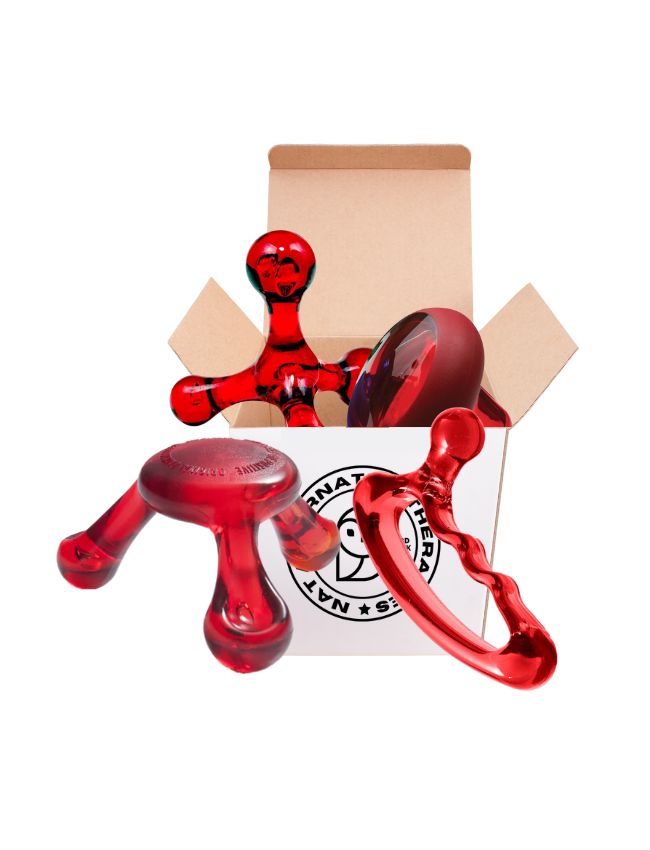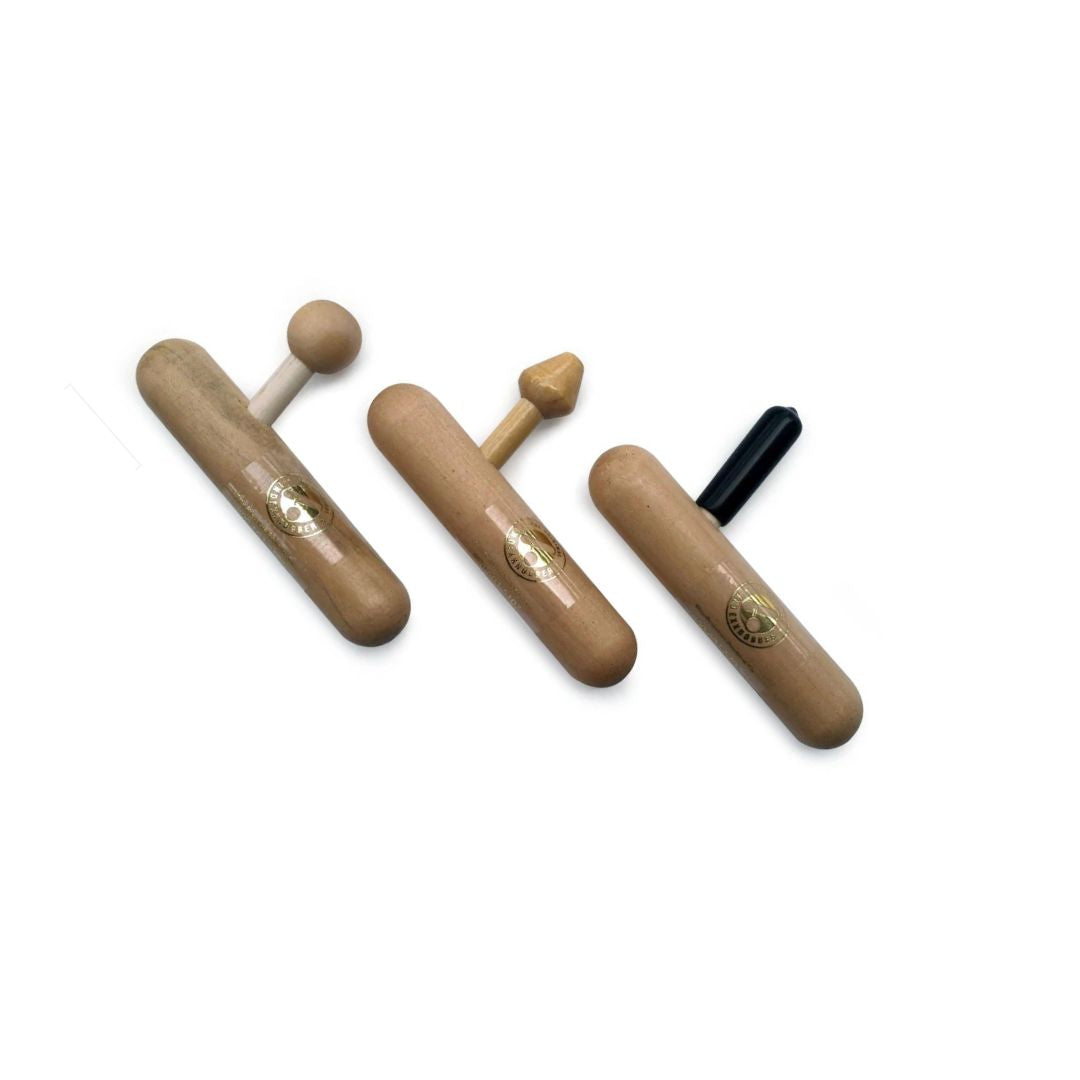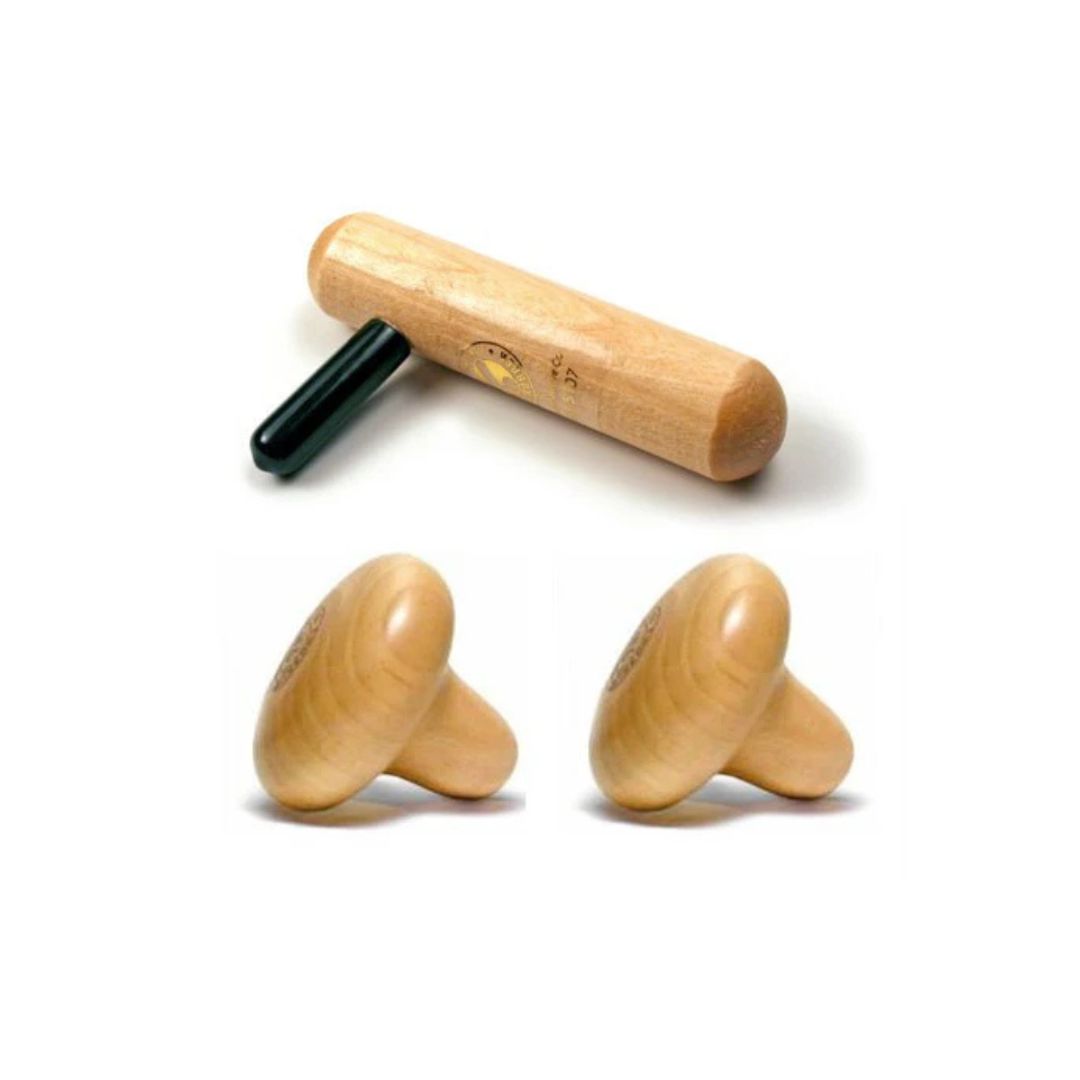Trigger Point Therapy - Using a Foam Roller to Treat Trigger Points
When to use a foam roller - Stuart Hinds
Foam rollers can be effective for treating trigger points
Foam rollers have been used since the 1950s to stretch ease and ‘rebalance’ muscular tension. Dr. Moshe Feldenkrais is credited with having been the first person to use them for therapeutic purposes.
Foam rollers come in various shapes, sizes and densities; they are cheap to buy and easy to use. Selecting the best roller is down to personal choice.
Often this depends on your height, weight and the area you are looking to treat.
Rollers can be very effective at deactivating trigger points both on their own, after hands-on techniques, and after dry needling.
Using a foam roller or rolling massage tool is simple; used properly they can also be very effective for improving:
-
Balance
-
Flexibility
-
Coordination
-
Relaxation
- Range of motion
Trigger Point Massage
With self-help foam rolling, you are able to determine the amount of pressure you apply to a particular area and the duration of time you hold the point.
Whilst they are relatively safe and easy to use, it is advised to seek an opinion from a therapist or exercise professional about the best way to use them.
Here are some considerations for trigger point massage:
- A firm circular roller or rolling massage tool is advised
- Always familiarize yourself with the anatomy of the muscle before rolling
- When applying pressure, try to rest on the muscles/soft tissues and not the bones or joints
- Start close to the body and roll away from it. Roll up and down the taut band until you hit the trigger point/sweet spot
- Pause on the pain spot/trigger point for up to 5 minutes, or until you feel it melt away. Repeat as necessary
- Be aware of the posture of the rest of your body when rolling
- Move up and down from the trigger point slowly and carefully
- The foam roller can generally be used up to 6 times a day
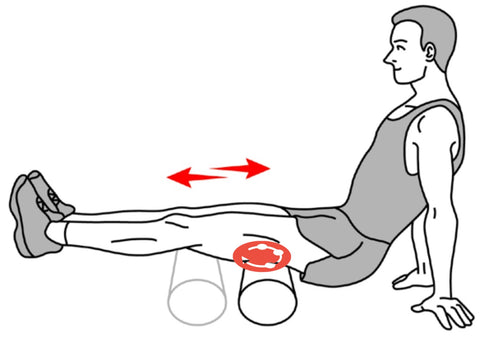
Hamstrings
Step 1: Sit on the foam roller with your legs outstretched
Step 2: Support yourself by placing your hands on the floor behind you. Make sure the foam roller is directly under your hamstrings.
Step 3: Roll forwards and backwards from your glutes to the back of your knee.
Complete 10-12 rollouts.
Try this with your feet turned out, and with your feet turned in.
You can increase pressure by stacking one leg over the other.
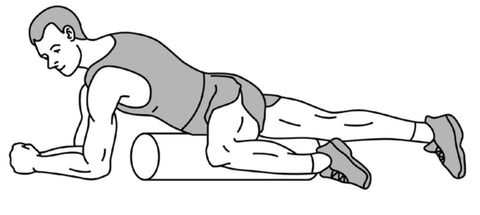
Adductors/Hip Flexor
Step 1: Lie on your stomach and place one leg on the foam roller. Make sure the foam roller is directly underneath your inner thigh.
Step 2: Shift your weight onto the foam roller.
Step 3: Keep the inner thigh muscles (Adductors) relaxed.

Calves
Step 1: Place the roller under your Achilles heel.
Step 2: Place your hands on the floor behind you for support.
Step 3: Roll along the calves until you reach the back of the knee.
You can increase pressure by crossing one leg over the other.
Warning!
Remember – pain is an alarm bell, so if you feel exaggerated pain, stop! Be gentle and respectful to the points.
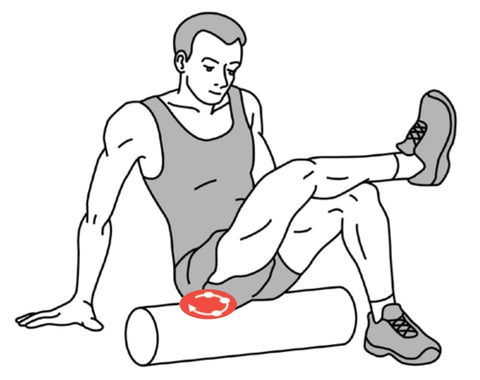
Glutes/Piriformis
Step 1: Sit with your buttocks on top of the foam roller, bend your knees, and stack one leg on top of the other.
Step 2: Shift your weight to the side of the crossed leg and roll over your buttocks.
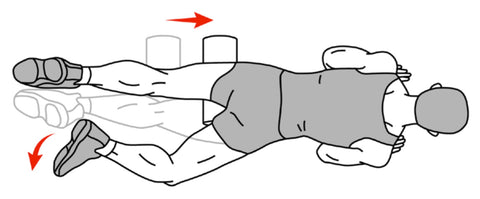
Quadriceps (Quads)
Step 1: Lie face down on the floor with your weight supported by your hands or forearms.
Step 2: Place the foam roller underneath the quadriceps.
Step 3: Roll from above the knee to below the hip.
Repeat 10-12 times.
Note: You can increase pressure by doing this exercise one leg at a time. Start with one leg in the air or supporting on the ground, and then switch.
Find a Trigger Point Professional in your area
More Articles About Neck Pain and Trigger Points
More articles about Headaches and Trigger Points
Dry Needling for Trigger Points
Certify as a Trigger Point Therapist
About NAT Courses:
As a manual therapist or exercise professional, there is only one way to expand your business - education!
Learning more skills increases the services that you offer and provides more opportunity for specialization.
Every NAT course is designed to build on what you already know, to empower you to treat more clients and grow your practice, with a minimal investment in time and money.
Best of all, we're always here to offer help and support.
Recommended Starter Packs:
This trigger point therapy blog is intended to be used for information purposes only and is not intended to be used for medical diagnosis or treatment or to substitute for a medical diagnosis and/or treatment rendered or prescribed by a physician or competent healthcare professional. This information is designed as educational material, but should not be taken as a recommendation for treatment of any particular person or patient. Always consult your physician if you think you need treatment or if you feel unwell.
About Niel Asher Education
Niel Asher Education (NAT Global Campus) is a globally recognised provider of high-quality professional learning for hands-on health and movement practitioners. Through an extensive catalogue of expert-led online courses, NAT delivers continuing education for massage therapists, supporting both newly qualified and highly experienced professionals with practical, clinically relevant training designed for real-world practice.
Beyond massage therapy, Niel Asher Education offers comprehensive continuing education for physical therapists, continuing education for athletic trainers, continuing education for chiropractors, and continuing education for rehabilitation professionals working across a wide range of clinical, sports, and wellness environments. Courses span manual therapy, movement, rehabilitation, pain management, integrative therapies, and practitioner self-care, with content presented by respected educators and clinicians from around the world.
Known for its high production values and practitioner-focused approach, Niel Asher Education emphasises clarity, practical application, and professional integrity. Its online learning model allows practitioners to study at their own pace while earning recognised certificates and maintaining ongoing professional development requirements, making continuing education accessible regardless of location or schedule.
Through partnerships with leading educational platforms and organisations worldwide, Niel Asher Education continues to expand access to trusted, high-quality continuing education for massage therapists, continuing education for physical therapists, continuing education for athletic trainers, continuing education for chiropractors, and continuing education for rehabilitation professionals, supporting lifelong learning and professional excellence across the global therapy community.
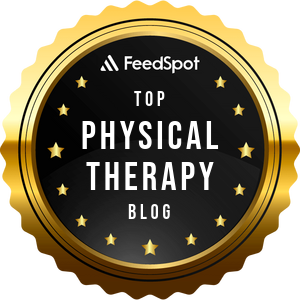
Continuing Professional Education
Looking for Massage Therapy CEUs, PT and ATC continuing education, chiropractic CE, or advanced manual therapy training? Explore our evidence-based online courses designed for hands-on professionals.


